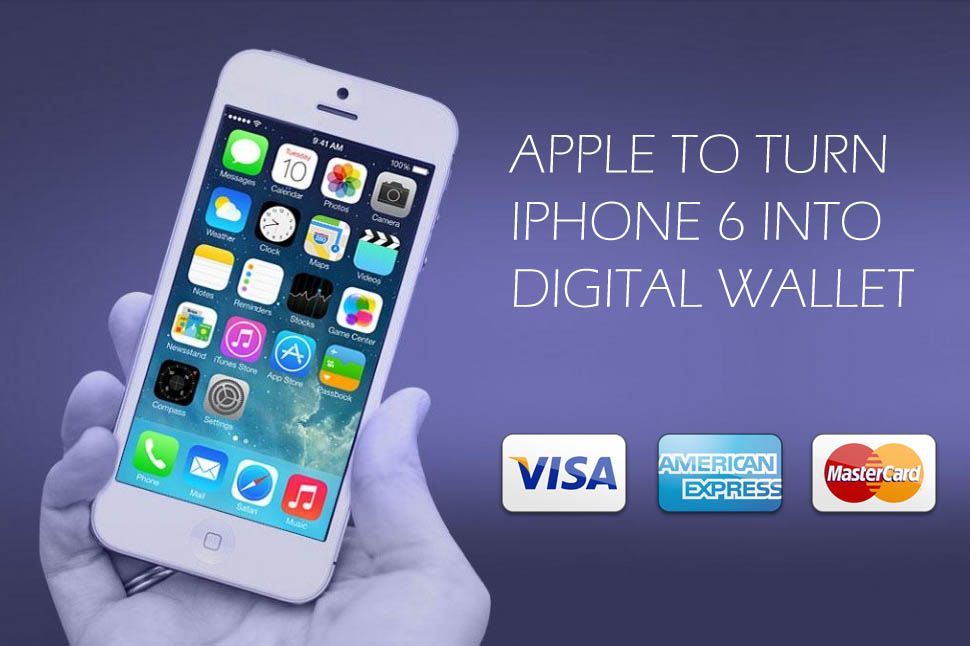Big 3 credit card companies back iPhone 6 contactless payments service
- By Eazi Business
- •
- 08 Sep, 2014

With technology moving forward at a rapid pace and no signs of any slowdown, many analysts and consumers are eager to hear Apple officially launch their most anticipated iPhone to date, namely the iPhone 6. Many industry experts have penciled September 9th into their diary as the date that the iPhone 6 will be formally unveiled under its traditional glitz and glamour.
However, the focus of todays blog is to highlight how Apple’s iPhone 6 could fundamentally change the way we all complete transactions using our mobile devices. As customers, we are now all familiar with utilising our mobile devices for shopping as well as web browsing. Apps for companies such as eBay and Amazon have allowed us all to use our mobile devices within an m-commerce (mobile commerce) environment.
Recent reports suggest that the three big credit companies, MasterCard, Visa and American Express have signed deals with Apple and its iPhone 6 contactless payments plan. Apple is planning to use its smartphone as a mobile wallet that allows consumers to pay for goods using a similar system to the contactless payment technology built into most British credit and debit cards. As things currently stand, users can pay for goods up to £20 without having to swipe, insert the card into a reader or enter a pin.
When the partnership with the three credit card companies mentioned above comes to fruition, it will allow Apple to use its large database of 800 million credit card details attached to iTunes accounts for music, app, books and video purchases. As a result, many industry analysts are predicting that this innovation could ignite the mobile payments market, which has struggled to take off, despite efforts from Paypal, Google and mobile phone providers.
Apple is widely expected to introduce its mobile payments service using short-range secure communication technology built directly into the iPhone 6, linking it to the “Touch ID” fingerprint sensor for authorising payments. The only viable alternative currently is near-field communication (NFC) technology, which has been available in many Android smartphones for a number of years but has been resisted by Apple. As mobile commerce and in particular mobile payments surpassed £142 billion globally, according to Gartner – a research company, many predict that the industry could treble by the end of 2017.
However, traditionally uptake of mobile payments has been sluggish with high profile services including Google Wallet struggling to gain traction despite the penetration of NFC technology in smartphones from every manufacturer except Apple.
It has long been forecasted that Apple would eventually enter the mobile payments space and their entry is expected to have a significant knock-on effect for others in the market over the short and long term.
As we have seen, the mobile market is rapidly changing with innovations set to revolutionise how we interact with each other and businesses across the globe. Here at Eazi-Apps we are committed to helping businesses prosper in the mobile landscape by adopting mobile apps that add real value. To find out more, please contact us today.



